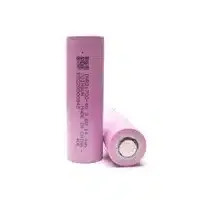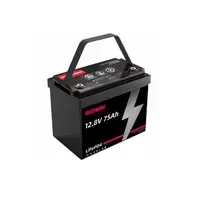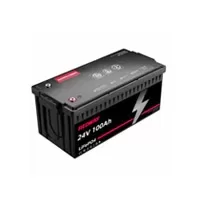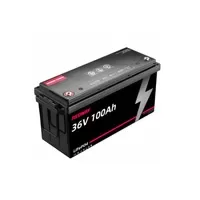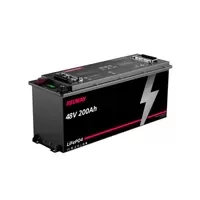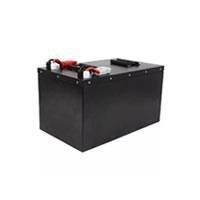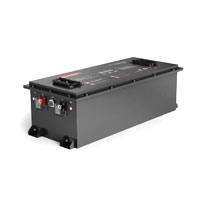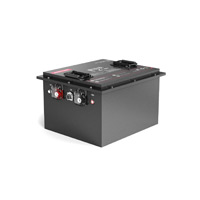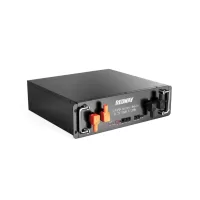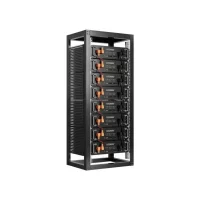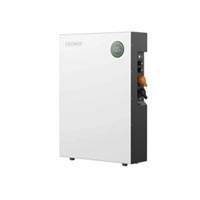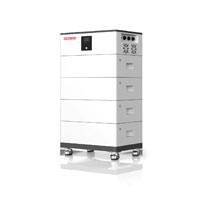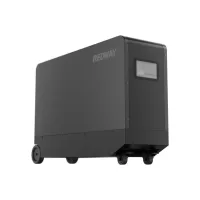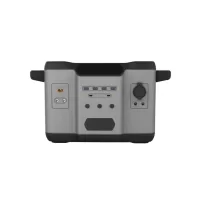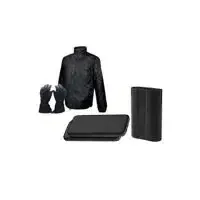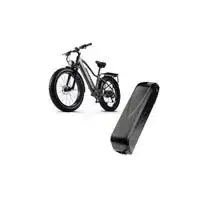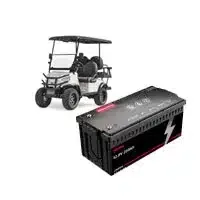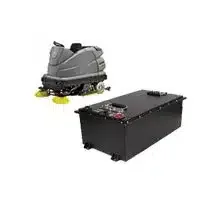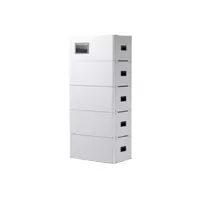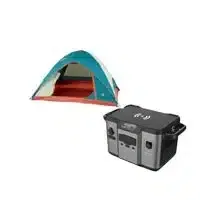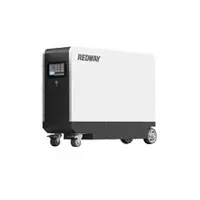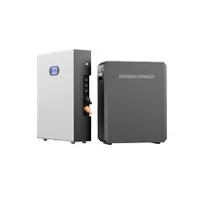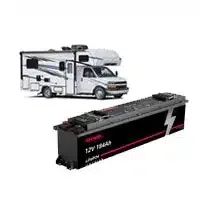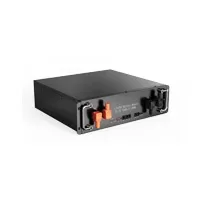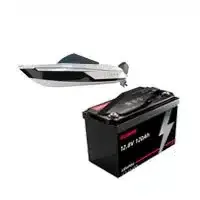Passionate about fishing? Trolling motors are your silent companions on the water. But when it comes to power, the debate often circles around lithium batteries. Are they the best for your trolling motor? This blog explores the pros and cons, helping you make an informed decision for your next fishing adventure. So, gear up, angler, and let’s dive in!
What are lithium batteries?
Lithium batteries have surged in popularity for their high energy density and durability, particularly in trolling motors. Here’s a concise breakdown of their key advantages:
- Lightweight Design: Lithium batteries excel with a lightweight build, providing a superior energy-to-weight ratio ideal for portable electronics and electric vehicles.
- Long Lifespan: Offering longevity through hundreds or even thousands of charge cycles, lithium batteries prove cost-effective over time compared to other options.
- Fast Charging: With the right charger, lithium batteries reach full capacity within a few hours, ensuring quick turnarounds for users between fishing trips.
- Temperature Performance: Lithium batteries maintain reliable power even in extreme temperatures, making them versatile for various on-water conditions.
Conclusion:
While lithium batteries present numerous advantages, potential drawbacks like higher upfront costs and safety concerns should be carefully considered for trolling motor use. Weighing these pros and cons ensures an informed decision tailored to your fishing adventures.
Advantages of using lithium batteries for trolling motors
Lithium batteries stand out as a superior choice for trolling motor power, offering a host of benefits. Let’s explore the compelling advantages that make lithium batteries an appealing option:
- High Energy Density: Lithium batteries store more energy in a compact and lightweight form, enhancing boat maneuverability and speed on the water.
- Extended Lifespan: With a longer lifespan than traditional batteries, lithium options endure more charge-discharge cycles, reducing the need for frequent replacements and contributing to cost savings and environmental sustainability.
- Fast Charging: Lithium batteries boast quick recharge times, minimizing downtime between fishing trips and maximizing your time enjoying the water.
- Consistent Power Output: Maintaining a steady power output throughout the discharge cycle ensures peak performance from your trolling motor, providing reliable thrust until the battery is fully drained.
- Built-In Safety Features: Modern lithium batteries come equipped with safety features, including protection against overcharging, overheating, short circuits, and deep discharge events, prioritizing both personal safety and the longevity of your battery investment.
Disadvantages of using lithium batteries for trolling motors
While lithium batteries offer numerous benefits, it’s essential to be aware of potential drawbacks, especially when considering them for trolling motors. Let’s delve into the disadvantages that might influence your decision:
- High Cost: Lithium batteries come with a significant price tag, making them less budget-friendly, particularly for those with financial constraints.
- Temperature Sensitivity: These batteries are sensitive to extreme temperatures, impacting their performance and lifespan. Fishing in extremely hot or cold conditions may pose challenges for a lithium battery-powered trolling motor.
- Special Care Requirements: Lithium batteries demand careful maintenance, requiring adherence to specific charging protocols and avoiding overcharging or deep discharging to prevent damage or premature failure.
- Limited Availability: Depending on your location, accessing lithium batteries and appropriate recycling facilities for responsible disposal at the end of their life cycle may pose challenges.
Considering these factors alongside your specific needs will help you make an informed decision regarding the suitability of lithium batteries for your trolling motor.
Alternative battery options for trolling motors
Choosing the right battery for your trolling motor involves exploring alternatives beyond lithium-ion. Here are some reliable options tailored to provide efficient power and performance:
- Lead-Acid Batteries: Time-tested and cost-effective, lead-acid batteries come in various sizes, offering flexibility to match your trolling motor needs. They are forgiving with charging cycles, making them a practical choice.
- AGM (Absorbent Glass Mat) Batteries: Known for durability and maintenance-free operation, AGM batteries use advanced technology for spill-proof and vibration-resistant performance. Their low self-discharge rate ensures prolonged charge retention.
- LiFePO4 Batteries: For a lightweight option with enhanced safety features, lithium iron phosphate (LiFePO4) batteries stand out. They offer improved performance and capacity without the sensitivity to high discharge currents seen in traditional lithium-ion batteries.
- Environmental Alternatives: Explore eco-friendly options like solar-powered systems or fuel cells to minimize the environmental impact associated with conventional battery technologies. These alternatives provide clean power and reduce carbon emissions.
In conclusion, a range of alternative battery options exists, catering to diverse needs for effectively powering trolling motors without relying on lithium-ion batteries.
Impact on environment and sustainability
Choosing lithium batteries for trolling motors involves considering their environmental impact and sustainability. While these batteries offer advantages, they also pose challenges that impact our ecosystem.
- Mining Concerns: The extraction of lithium involves processes that harm local environments, causing deforestation and habitat destruction. Transportation adds to carbon emissions, worsening environmental degradation.
- End-of-Life Challenges: Despite longer lifespans, lithium batteries contain toxic components, making proper disposal challenging. Incorrect disposal risks health hazards and environmental pollution in landfills or water bodies.
- Energy Efficiency and Resources: While lithium batteries excel in energy density, manufacturing them demands substantial energy and resources. This raises doubts about their overall sustainability, extending beyond performance benefits.
Considering these aspects, responsible disposal through dedicated recycling programs is crucial. Exploring alternatives like AGM or gel-cell batteries ensures a balance between performance and environmentally friendly choices. Making informed decisions safeguards our planet for the future.

